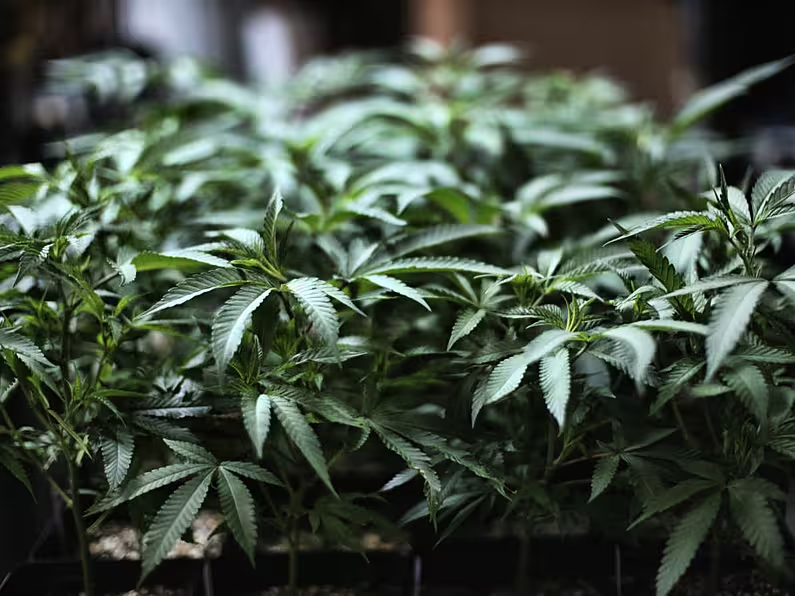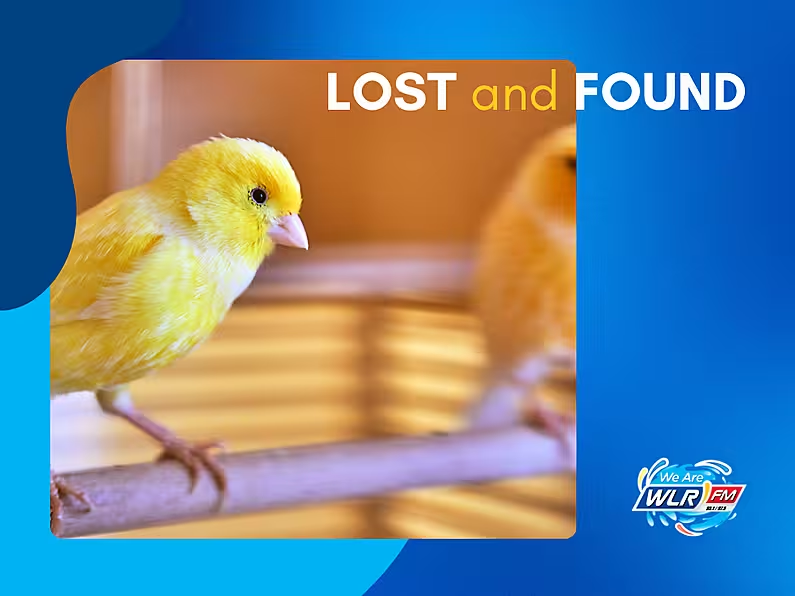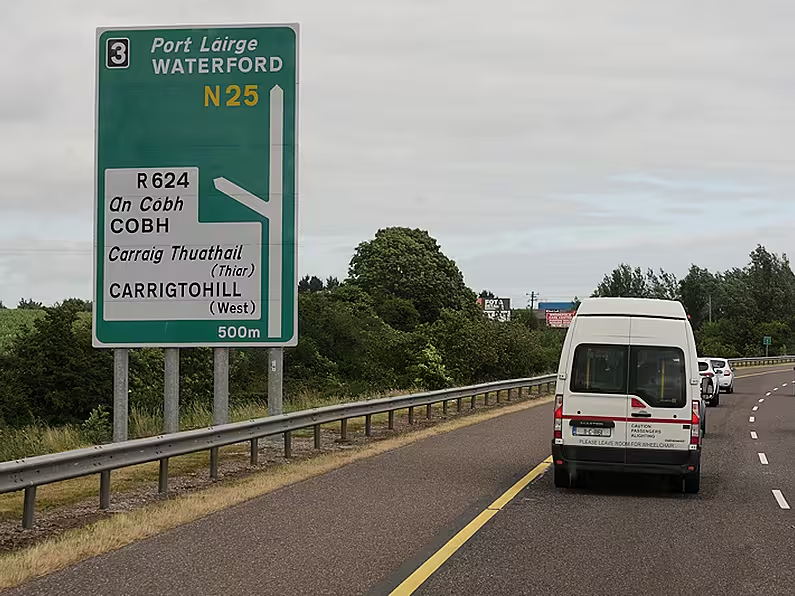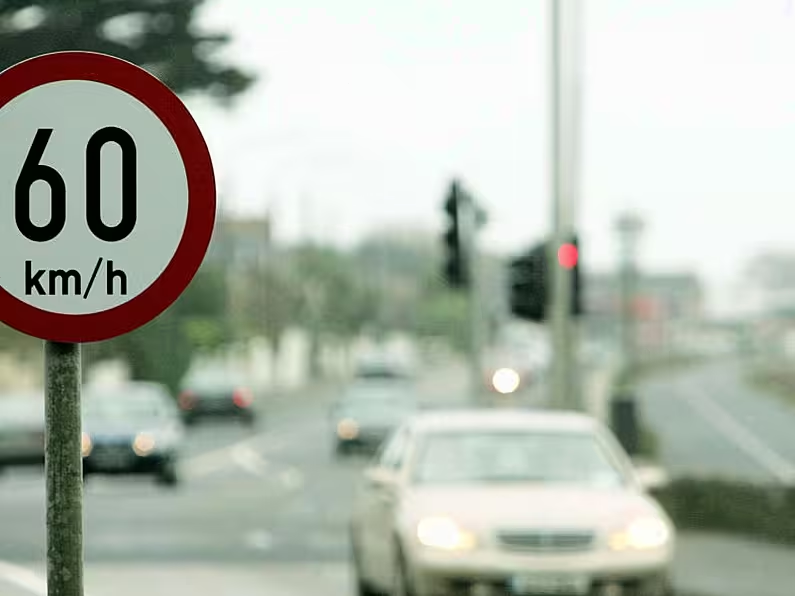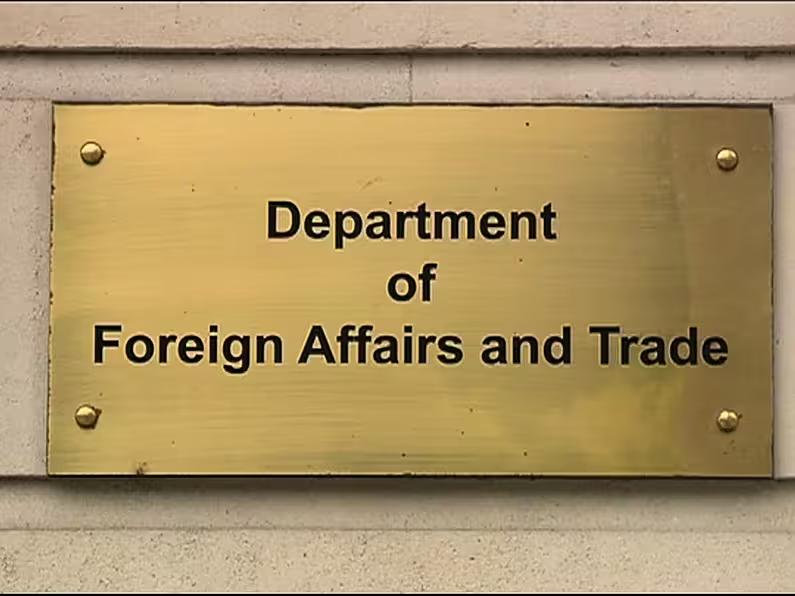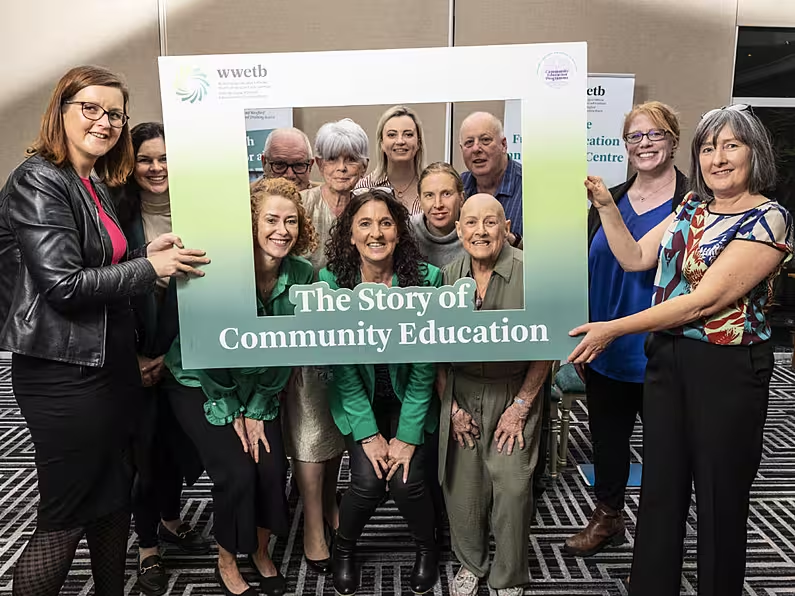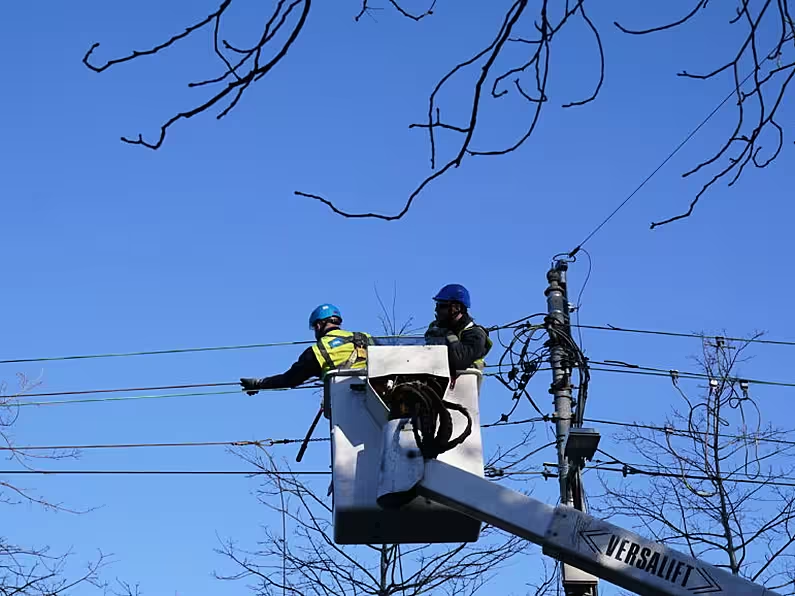Tom Tuite
A former crisps company director has pleaded guilty to growing 39 cannabis plants which he claimed was to make nutritional food supplements as part of a “foolhardy” horticultural experiment.
Anthony Keogh, 64, of Newtown Lane, Oldtown, north Co Dublin, was arrested on July 9th last year.
Horticulture expert and farmer Mr Keogh, a former director of Keogh’s Crisps, was initially charged with cultivation of cannabis, unlawful possession of the drug and having it for the purpose of sale or supply.
The offences are under the Misuse of Drugs Act.
Gardaí originally estimated the value of cannabis plants to be €19,500, but that was revised downward to €7,800, Dublin District Court was told on Monday.
The drug supply charge was withdrawn last month.
Guilty plea
The Director of Public Prosecutions directed summary disposal on a guilty plea only but on May 17th, Judge Treasa Kelly held the case was too serious for the district court and should go forward to the circuit court.
Six weeks on from that ruling, Mr Keogh appeared again at the district court. His solicitor Tony Collier furnished the court with a signed plea of guilty on behalf of his client.
The judge then made an order sending Mr Keogh forward to appear for sentencing at Dublin Circuit Criminal Court on Friday.
Earlier, Garda Olan Keating, of the Dublin North Crime Taskforce, told Judge Kelly that gardaí arrived with a warrant and searched Mr Keogh’s greenhouse at Newtown Lane.
There were 39 plants inside and Mr Keogh then arrived and identified himself. He made admissions to gardaí stating the plants were cannabis. He was arrested and taken to Ballymun Garda station.
Analysis confirmed the plants were cannabis and the value was now estimated to be €7,800, the court heard.
Garda Keating agreed with Mr Collier that it was not the case that the plants were cultivated for the illegal drug trade.
The garda confirmed Mr Keogh was a horticulture expert and a farmer who had maintained he grew the cannabis plants as an experiment, and “they grew better than expected”.
“It did not have the hallmarks of being part of a wider criminal enterprise,” Garda Keating said.
The greenhouse was not well concealed and was located on the corner of a local and a main road, the court heard.
Mr Keogh has no prior criminal convictions.
Unique case
Pleading for jurisdiction to be accepted, Mr Collier submitted that the case was unique. Mr Keogh, a farmer since the age of 15, bought hemp seeds lawfully, he said.
The hemp industry is getting bigger but growing it is restricted and requires a licence from the Government. However, Mr Keogh, who did not have a licence, “jumped ahead” and grew the plants as nutritional food supplements.
It was foolhardy and showed poor judgement, the solicitor said.
Crisp company
He and his family had set up brands including a crisp company that supported the local community and contributed nationally, the court heard.
The Garda was satisfied the plants were not going to work their way into the drug supply, Mr Collier submitted, as he pleaded with the judge to deal with the case at district level.
Judge Kelly noted the submissions, but she said it was a significant endeavour and in view of the valuation she refused jurisdiction.



